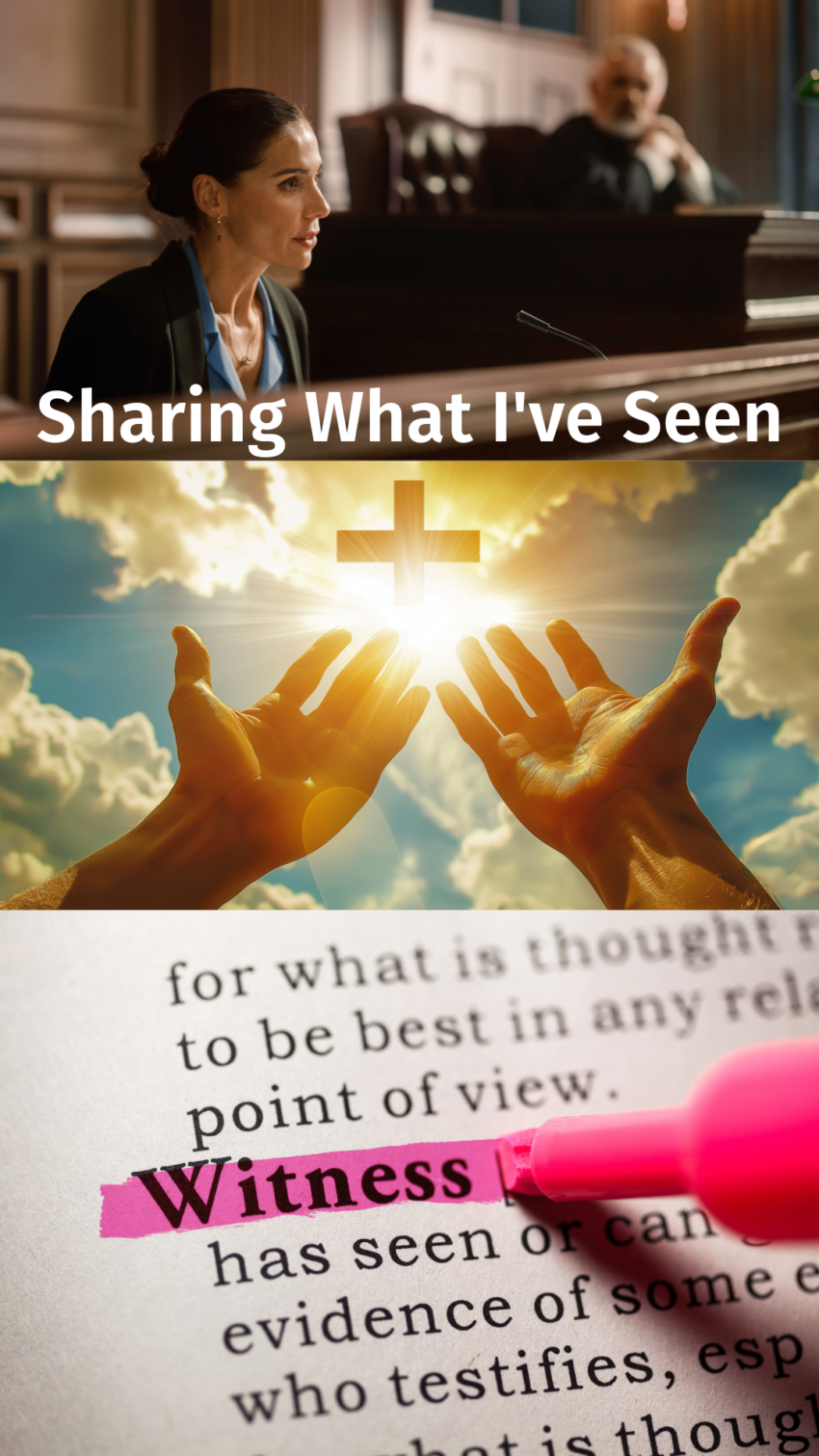Have you ever not spoken about God because you were worried that you would not be able to answer questions that come up if you did?
John 4:1-42 tells the story of a Samaritan woman running into Jesus when she is doing one of her chores—fetching water at the well. Jesus speaks to the Samaritan woman and asks her for a favor in a time when Jewish people did not speak to Samaritans. Jesus does not care about nationalities; He cares about people.
Then Jesus offers her more than just physical water; he offers her Living Water for her spirit. He starts out asking her for a favor and turns it around to what He can offer her. The woman doubts what Jesus tells her but voices her doubts in questions to get clarification.
Jesus reiterates that Living Water is spiritual and yet supplies much more refreshment than physical water. He goes on to explain that Living Water provides eternal life with God. The woman still doesn’t quite get the full repercussions but asks for that living water anyway. She thinks that if that living water lasts forever then she wouldn’t have to make so many trips to the well. She is willing to hear more from Jesus.
Jesus brings up the woman’s past because the Spirit always wants to bring repentance into the picture. People need to see and admit that they mess up and need help from God. The Spirit helps us to see our mistakes and failures and we all have them. The woman cannot believe that He knows her past. Hadn’t she hidden her past in her neat and tidy present?
Instead of turning away in shock and embarrassment from what this Man knows about her, she continues to ask Him questions. She wants to know about true worship, which means that she is thinking about God. Jesus explains that some people celebrate their knowledge of God while others celebrate their feelings about God. He goes on to explain that neither by itself is true worship. True worship is both spirit and truth and you cannot have one without the other. Knowledge alone only feeds your pride. Spirit alone can lead to following fickle emotions. However, both together keep you looking toward God even when you do not feel like it or when you don’t like your circumstances.
The woman says that she believes that a messiah is coming, and this messiah will answer any questions she has. Jesus plainly acknowledges that He is indeed the Messiah. Deep down she must believe Him because she leaves her water jar (the very reason she was there in the first place) and runs back to her village. She tells everyone she sees that she has just met a man that knew everything about her. She wonders aloud, “Could it be the Messiah?” She voices her opinions to others even though she is not sure of all of the details herself. Those people come out in droves to see for themselves. Her curiosity arouses others’ curiosity.
Many people from this woman’s village believe because she simply said what she saw—a man that knew everything about her. Those people invite Jesus to stay with them so they can hear more, and Jesus does. Therefore, even more people hear His message and believe.
Some of the villagers thank the woman for sharing what she saw. That’s it. That is all she did. She shared what she saw.
As Christians, we are called to be a witness for Jesus Christ. The definition of a witness is a person who makes a statement about what he or she has seen or heard. That’s it.
I can easily be tripped up and therefore not speak up because I think I don’t know everything about the Bible. I do not have to know every nuance of Christian doctrine in order to share what I have seen. I may not know the answers to questions the person may ask but I am not called to know everything. I am called to share what I have seen. I am called to share what has brought me hope in my life. That’s it. I can do that!


Beautiful 👏🏾